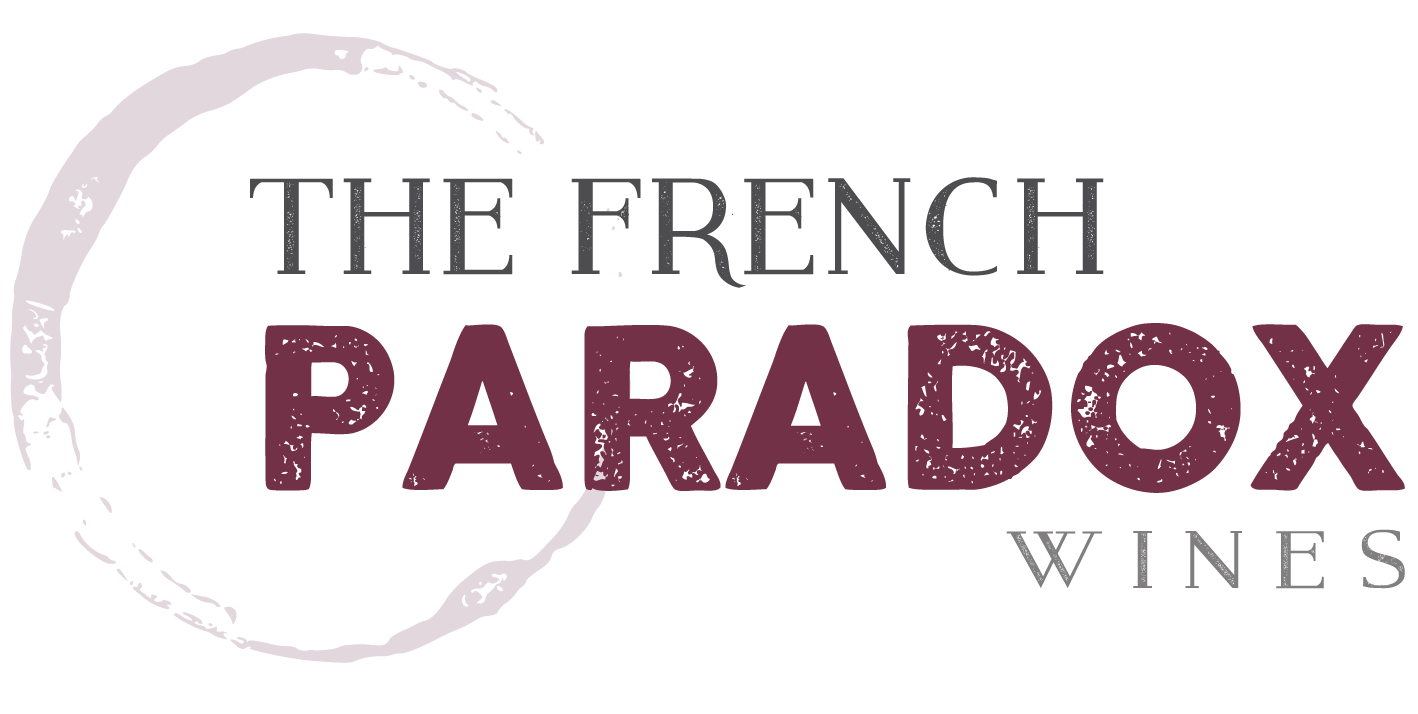(For the record, this is largely a re-posting of my comments about this wine from our Thanksgiving wine selections. Everything I said then is still true today
2021 Kurtatsch Schiava Sonntaler Alte Reben
Südtirol Alto Adige, Italy
Regular price: $30 per bottle
Case price: $24 per bottle
Frankly, I’m a sucker for wines like this…high acid, obscure wines from lesser known, cool wine regions. Big, bold, fruity wines hold little appeal for me; sure, that first sip is delicious but the second and third and so on become redundant and therefore less interesting. But, hey, that’s really only personal preference. Feel free to disagree.
This wine appeals to my minimalist, demures wine style preference, but then over-delivers. Yes, it’s light. But its relative lightness belies its grip and its overall textural component in your mouth. By that I mean that wine, although lacking mass and weight, still manages to remain present and provides a worthy compliment to a variety of foods..
Yes, it’s obscure. Known by a variety of names (Trollinger, Vernatsch) it’s one of a number of Germanic/Northern Italian grapes that have no good comparison with those much better known French/Central European grapes that dominate the world’s wine scene.
No, it’s not for everyone. Those that insist that thickness is the starting point for quality in a wine will never offer compliments to this wine. Moderate rather than loud, herbal rather than fruity (although strawberry and raspberry flavors are woven throughout), subdued rather than dominant, it’s the perfect wine to compliment rather than compete with food.
Yes, the label is confusing. It’s Germanic in style, offering all the information one would ever need. Shiva, the grape. Sonntaler, the wine’s name, reflects the collection of vineyards. Alte Reben, old grapes or vines. Alto Adige/Sudtirol, the place, in Northeastern Italy, at the foot of the majestic Dolomites. And Kurtatsch, the co-op, named for the small village the winery abuts.
The winery is a long established co-op (founded in 1900) of 190 families, each contributing grapes from their small, mountainside plots. And while co-ops throughout the world have often been uneven in the quality of their wines, some, like Produttori del Barbaresco and Kurtatsch, have provided an economic lifeline while defining quality in their respective appellations.
And yes, my bias is exceedingly evident here. This is the style of wine that I prefer. Light and lingering, compelling and complex, this is the wine that I want to drink tomorrow and everyday. (PW)
